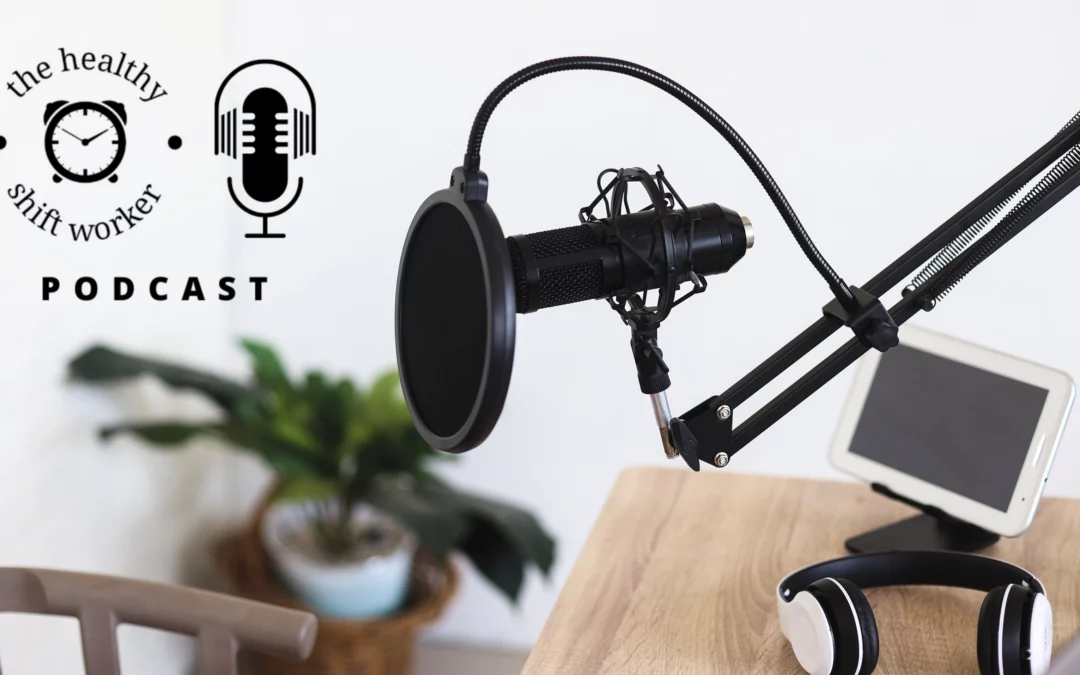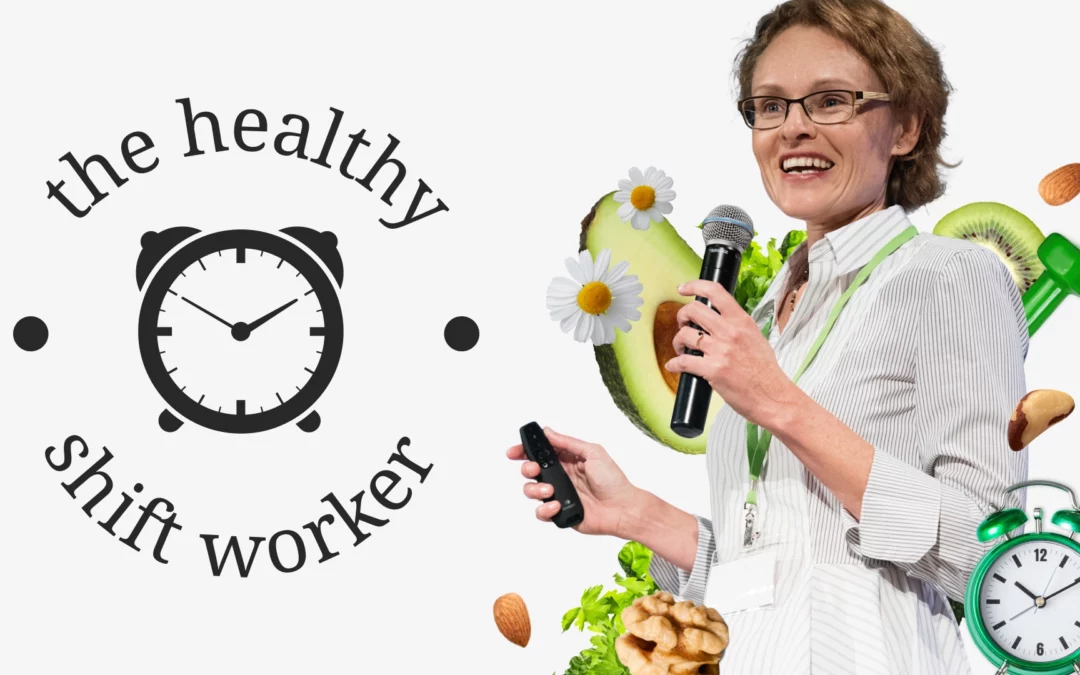
by Audra Starkey | Mar 16, 2022 | De-stress, Mindset, Nutrition
Okey dokey. Hands up if you eat at your desk?? Shift workers are notorious for having gut issues for a myriad of reasons, but before sending you off to complete a heap of tests or writing a script to take some pills – has your health practitioner ever asked you...

by Audra Starkey | Feb 25, 2020 | HSW, HSW TV, Nutrition
When it comes to health complaints amongst shift workers, one of the most common things that I hear from my clients is digestive discomfort. This can come in the form of constipation, bloating or various other irritable bowel type symptoms. Now to be...

by Audra Starkey | May 30, 2018 | De-stress, Mindset, Nutrition, Podcast, Sleep
This week we’re talking all things digestive health – in particular constipation and small intestinal bowel overgrowth, otherwise known as SIBO. Given shift workers are often plagued with gastrointestinal complaints due to the biological stress associated with...

by Audra Starkey | Sep 16, 2014 | Nutrition
As I delve further into my Nutritional Medicine degree, I’m always on the look-out for foods containing ingredients which can provide nourishment and energy specifically for sleep-deprived shift workers. And the humble sesame seed is one of them. Sesame Seeds are one...

by Audra Starkey | Dec 2, 2009 | Uncategorised
Do you take the time and listen to what your body is telling you – or do you just ignore it and pretend those grumbling digestive sounds don’t belong to you?Now the reason I ask this is because most people don’t listen to what their body is telling...





